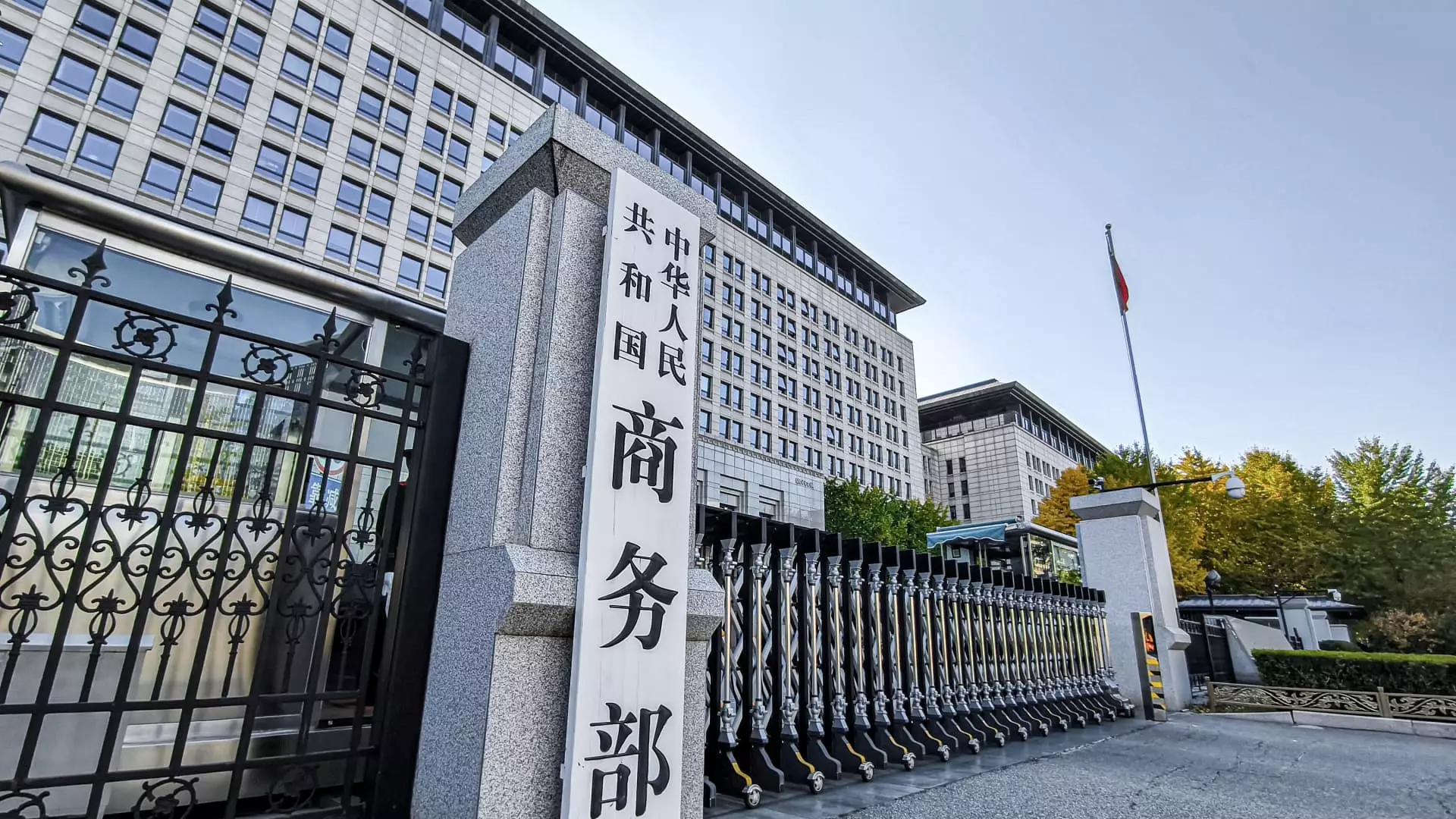The recent imposition of exorbitant tariffs by the Trump administration marks a regressive step towards economic isolationism that has left many global leaders shaking their heads in disbelief. With tariffs skyrocketing to unprecedented levels—34% on China, 20% on the EU, and even higher figures for other nations—this move feels less like a strategic economic maneuver and more like a careless gamble that threatens global trade relationships. As countries react with righteous indignation, one cannot help but wonder if the U.S. is edging dangerously close to a self-inflicted economic war.
China’s Firm Retaliation: A Signal to the World
China’s Ministry of Commerce has swiftly branded these tariffs as a form of “unilateral bullying,” echoing sentiments of many nations that feel unjustly targeted. This reaction is not merely a defensive posture but rather a clarion call to the international community about the dangers of America’s unilateral actions. The spokesperson rightly points out that the U.S. has used subjective assessments to justify its tariffs, undermining international trade norms. Furthermore, the pushback from countries like Canada and Australia suggests that a coalition against these tariffs is emerging, uniting diverse economies in a fight for fair trade practices.
The Stakes for Global Stability
The implications of these tariffs extend far beyond the realms of economic policy; they threaten global stability itself. Countries such as Canada and South Korea are gearing up to retaliate, illustrating a domino effect that could spiral into a trade conflict of epic proportions. When allies turn into adversaries, it isn’t just the economies at stake but also the cooperative diplomacy that has long been a hallmark of international relations. The notion that economic might equates to political strength is dangerously simplistic and could lead to increased tensions rather than resolution.
A Dubious Path Forward
One cannot help but critique the mentality behind these tariffs as a misguided illusion of American exceptionalism. Trump’s decision to impose additional tariffs on China on top of already existing ones exemplifies a lack of comprehensive understanding of the interconnectedness of modern economies. His claims of reciprocity only serve to obfuscate the reality that such actions might set off a relentless cycle of retaliation, eroding the benefits that free trade has brought to countless American consumers and businesses. This isolationist approach is not just counterproductive; it is retrogressive and irresponsible.
The Role of Leadership in Times of Crisis
In a world where global cooperation is critical to overcoming challenges, the leadership shown—or lack thereof—by the Trump administration is particularly troubling. Economic policies emerging from the White House seem driven more by political expediency than by a vision for sustainable growth. The response from other nations underscores a growing urgency for thoughtful dialogue and collaboration rather than aggressive posturing. If the U.S. continues to alienate its allies, it risks not only its economic standing but its reputation as a leader in global governance.
The current trajectory—marked by retaliatory tariffs and trade wars—does not bode well for any nation looking to foster a future rooted in mutual respect and economic interdependence. The move towards isolationism may seem enticing for the short term but ultimately leads to prolonged conflict that damages all players involved.


Leave a Reply